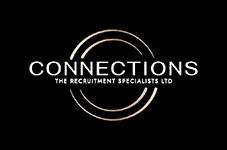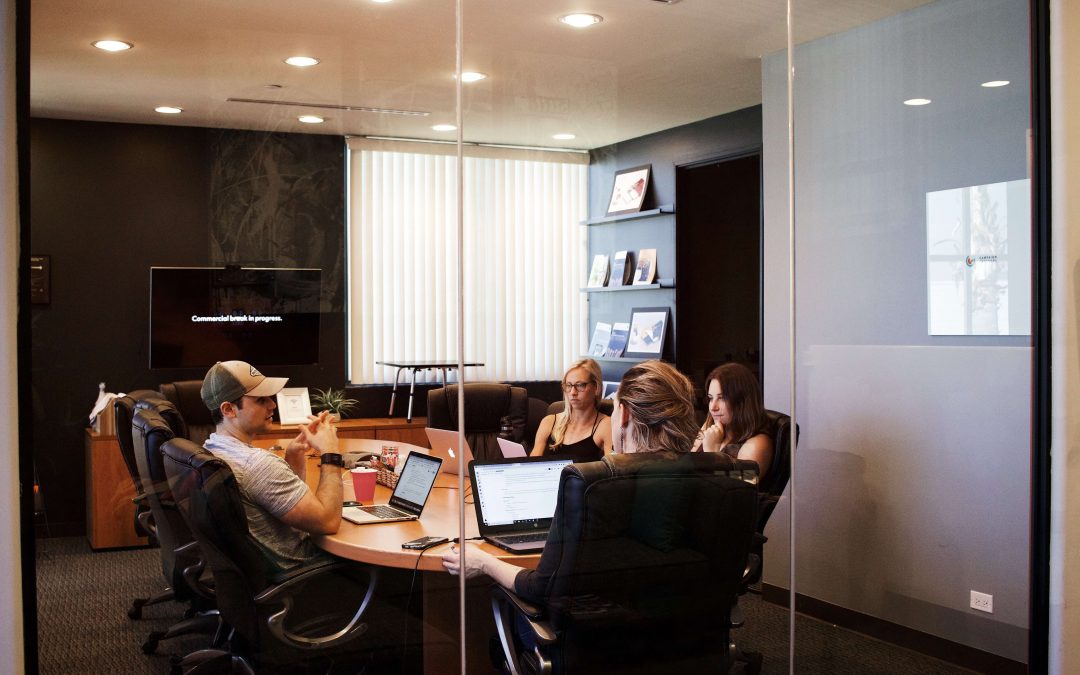After conducting our Equality, Diversity and Inclusion survey earlier this year, we are beginning to dissect our results to build up an accurate representation of Greater Manchester’s current business landscape, and where companies may be missing the mark when it comes to diversity in the workplace.
Over the next few weeks, we will be looking more deeply into the survey findings to highlight specific issues and inequalities within the workplace, and what needs to be done to overcome barriers and provide incentives for change.
Inequality can take on many forms, but one of the most notable issues raised in the survey and our round table discussion was the practice of unconscious bias.
Discrimination in the Workplace
30% of those surveyed stated that they had been the victim of workplace discrimination. More than 50% of those did not raise the matter with their employer, and nearly 80% of those who raised the concern felt that it was not dealt with appropriately.
When looking into discrimination in more depth, 39.65% of responders believed that women and men didn’t have access to the same opportunities in the workplace, and are supported differently due to pre-existing/automatic judgements based upon social stereotypes and protected characteristics.
Whether it is directly through compensation or indirectly through the way we are treated or spoken to, unconscious bias at work can influence decisions in recruitment, promotion, staff development and recognition, thus perpetuating cycles of inequality.
The importance of tackling unconscious bias and discrimination in the workplace is obvious, but recognising how deeply this may be embedded into office culture is much more difficult. Providing staff with the ability to recognise their behaviour and equip them with the tools to help address this issue is all well and good, but where do businesses start, and what kind of legislation is in place to help firms along the way?
The Equality Act and the Commission of Equality and Human Rights
As things stand, the 2010 Equality Act is the only legislative source that provides employers with guidance on equality, diversity and inclusion, along with the Commission of Equality and Human Rights. These forms of legislation refer to nine protected characteristics such as race, sex and age, and prohibited conduct (i.e. discrimination) in relation to employment law. However, as society grows ever more diverse, there is growing debate as to whether the Equality Act is now fit for purpose.
Issues such as gender equality can no longer be viewed from a single lens, nor should it be devoid of the complexities and multiple facets of our wide variety of characteristics. To reduce these complexities to a mere nine protected characteristics is simply not good enough.
According to the Fawcett Society and Young Women’s Trust ‘s report on Invisible women, ‘factors such as race, faith, ethnicity, age, disability, sexuality, location and employment status can combine with gender to create distinct and particularly troubling experiences of discrimination and inequality’.
It’s no wonder then that businesses struggle when it comes tackling unconscious bias and discrimination in the workplace. 96% of survey respondents agreed that inclusivity is important in the workplace, but many struggled to give specific examples of workplaces approaching EDI well. Public sector organisations were cited as having a more informed approach to equality, but some questioned if their ‘target-based’ approach is merely paying lip service rather than addressing workplace culture.
Our Operations Director Matt Fox-Rees stated that ‘there is a tendency for businesses to use the Equality Act’s protected characteristics as a guide for their diversity and inclusion practices. That’s no bad thing, but it is important to understand that many individuals don’t slot into one defined status, so inter-sectional groups and lesser recognised needs have to be considered too’.
If workplaces are to create more diverse and equal environments, there needs to be a clear, fundamental shift towards tighter laws which doesn’t rely upon the individual to initiate legal action.
Recent investigations by MPs concluded that the current ‘timid’ law is an outdated mode of practice that fails to result in systematic change. This was also backed up by the Women and Equalities Committee, who stated that regulators should compile a ‘critical mass’ of casework in order to drive ‘strategic litigation’ that could set legal precedents or change court procedures.
Millennial Influence
Pressure for progress is being driven from the millennial generation. Research from a 2018 Deloitte study showed that only 48 percent of this generation believe businesses conduct themselves ethically compared to 65% in the previous year. This criticism extends to leadership, as they don’t see a clear vision from today’s business leaders on how they will help improve society and shape the future to come. These factors ultimately influence where millennials want to work, and the type of roles they choose.
Graduates are now placing more value on the so-called ‘softer’ elements of potential employers. Matt went on to say: ‘it’s not necessarily all about salary or the old fashioned benefits. These generations want to see policies around diversity in place because they want an employer that cares, that’s fair.
We [Connections] run assessment centres for bigger clients and they assess blind, no CVs, no pre-conceived judgements. Those people walking into that room know they’ve got an equal opportunity for that role, they know that company is committed to that. The employer then gets the right behaviours in that organisation and its incredible the kind of impact they can have.’
Millennials are more likely to have higher expectations of employers, but it’s unclear as to whether businesses are fully on board with tackling deep rooted issues with discrimination and representation. Despite a huge array of companies having a ‘diversity programme’, there aren’t many concrete goals holding them accountable for creating meaningful progress. Adding a rainbow flag to your logo or holding a ‘women’s day’ simply doesn’t cut.
Rather than serving as a superficial component of business, there needs to be a firm commitment to deconstructing stigmas and bias in the workplace if firms are to secure their future as a reputable employer.
It can seem like a daunting challenge, but starting small and attempting to get to grips with protected characteristics and dynamics of all aspects of an office culture works as the first step in creating a more harmonious working environment. It’s important to remember that there’s no one size fits all solution and to therefore approach creating a diverse and inclusive business culture with an open and neutral perspective is without doubt the best option. This can take time, especially with a lack of legislation in place, but an open, honest conversation with staff about how they feel can be an effective starting point.
The round table discussed findings of the ‘Equality, Diversity and Inclusivity in GM’s Workplaces’ survey, completed by 600 professionals in Greater Manchester in July 2019.
The project, sponsored by ourselves and Crowe UK and facilitated by promanchester, researches equality, diversity and inclusivity in Greater Manchester’s workplaces and asks if businesses in the city region can create more harmonious working environments, and achieve greater earning potential by changing attitudes and raising awareness in this area.
A detailed report on the survey findings and round table discussion will be available in due course.

